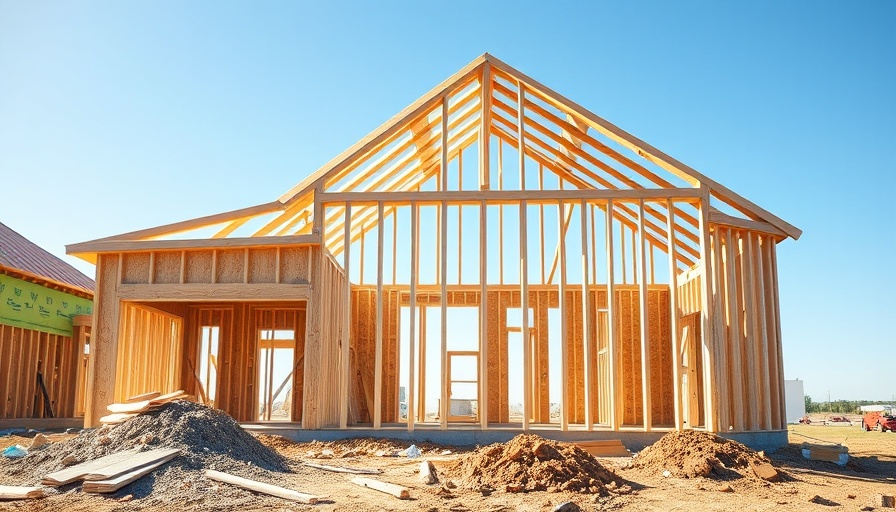
Discover 3 Compelling Reasons to Invest in a Newly Built Home
In today’s home buying landscape, potential homeowners face a range of challenges including price fluctuations, rising interest rates, and limited options in the resale market. Unfortunately, this often leads to frustration. However, if you consider purchasing a newly built home, you might find solutions to all three challenges!
Increased Availability of New Homes
One of the most significant advantages of buying new construction is the ample inventory available on the market. As builders ramp up production to meet demand, buyers are presented with a wide variety of styles and designs, ensuring they find the perfect fit for their needs.
Many homebuyers feel overwhelmed by the tight inventory of resale homes. Newly built homes, on the other hand, come with the added benefit of modern amenities and customized options, allowing buyers to personalize their spaces to reflect their unique tastes and lifestyles.
Flexibility on Pricing
Another key advantage in today’s market is builder flexibility. With an increase in construction, many builders are willing to negotiate prices or offer incentives to entice buyers. This means you may land a great deal that includes upgrades to your home, added amenities, or reduced closing costs.
According to experts, this flexibility in pricing can provide a vital advantage for buyers who were previously discouraged by high price tags on existing homes.
Lower Interest Rates and Incentives
In recent months, various builders have begun offering reduced mortgage rates as part of their promotional packages. This advantage can significantly lessen the financial burden on buyers, making newly built homes even more appealing.
By taking advantage of these lower rates and potential financial incentives, homebuyers can secure mortgages that fit comfortably within their budgets. This financial strategy can ultimately lead to greater homeownership satisfaction.
Why Now is the Perfect Time to Buy
As buyers explore the market, the trends indicate it's a favorable time to consider investing in a newly built home. Not only do you gain access to a plethora of options, but the potential for financial flexibility makes it an attractive opportunity.
Engaging with a knowledgeable real estate agent can be beneficial as they can lead you to new construction areas and developments that match your lifestyle needs and financial goals. Connect with your local agent today to explore the exciting new builds available!
 Add Row
Add Row  Add
Add 




Write A Comment